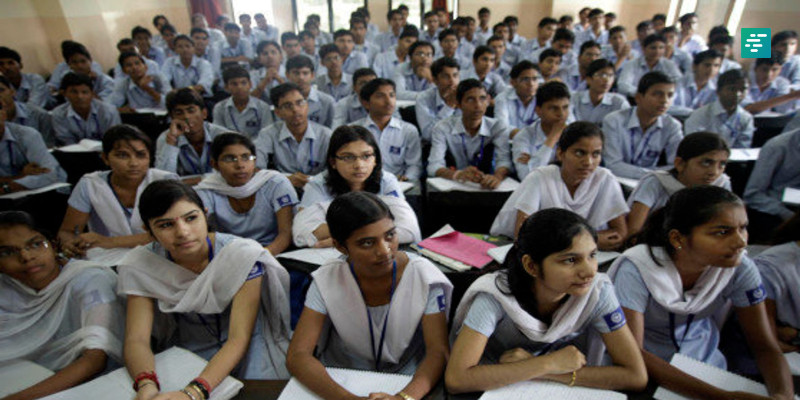
In the relentless pursuit of academic excellence, the mental well-being of students is getting overshadowed, particularly evident in the alarming situation faced by students in Kota, Rajasthan.
Prioritizing Mental Health: A Long Overdue Imperative
Reports reveal a distressing reality - Kota's students battle anxiety, insomnia, and substance misuse at staggering rates. Shockingly, these students accounted for 8% of all suicides in India in 2021, marking a 70% spike in a mere decade. The year 2023 saw Kota recording a staggering 24 student suicides, directly linked to the intense pressure of exams like the JEE Advanced.
Unpacking the Causes: The Real Culprits
Financial struggles significantly contribute to this dire scenario, with concerns about imposing heavy loan burdens on families. Even after securing spots in prestigious IITs, seven documented suicides among 23 IITs indicate the gravity of mental health issues in these academic pressure cookers. This emphasizes the urgent need to address mental health struggles within such rigorous academic environments.
Absolving Responsibility: The Reality Check
A recent Supreme Court judgment on Kota student suicides shifted the blame onto parents, absolving coaching institutes of any culpability. However, this isn't just a parental issue; the flaws reside within the educational framework itself. Coaching centers, too, play a pivotal role. The problem is multifaceted, and absolving these centers is unjustifiable.
Shifting Perspectives and Short-Term Solutions
In a puzzling move, authorities in Kota initially ordered coaching centers to cease frequent testing for competitive exams like NEET post several student suicides. However, subsequent judgments seem to contradict this stance, highlighting a wavering perspective and accountability.
Surface-Level Remedies: An Inadequate Approach
Efforts like installing "anti-suicide nets" and bolstering surveillance systems demonstrate a reactive approach. Initiatives like the "darwaze pe dastak" campaign, urging the reporting of absentees or missed meals, are superficial measures that fail to address the root cause of mental distress.
Addressing the Core Issues: A Call for Collaborative Solutions
While recommendations for spiritual sessions, yoga classes, and entertainment events aim to alleviate stress momentarily, they don't delve into the systemic issues fueling student distress. Collaborative efforts involving educational institutions, government bodies, parents, and stakeholders should focus on holistic changes within the educational system and provide long-term mental health services.
Concluding Thoughts
It's high time stakeholders step away from a blame game and converge on finding sustainable solutions. The focus must shift towards nurturing healthier learning environments and revamping the education system to foster long-term mental well-being among students.